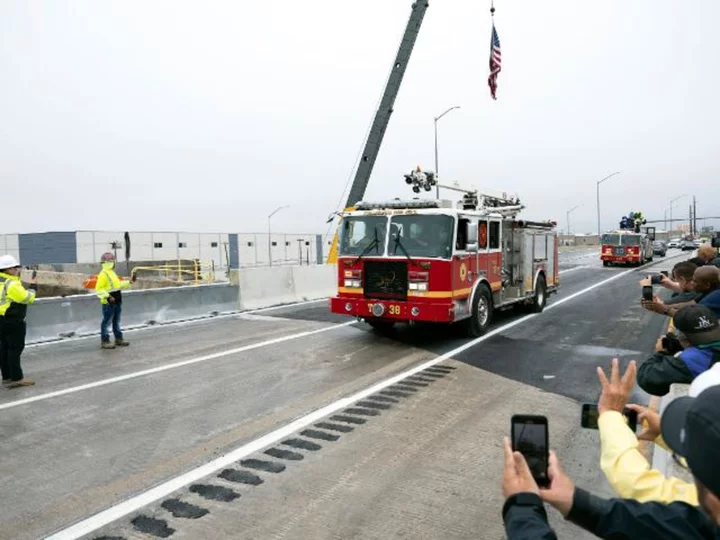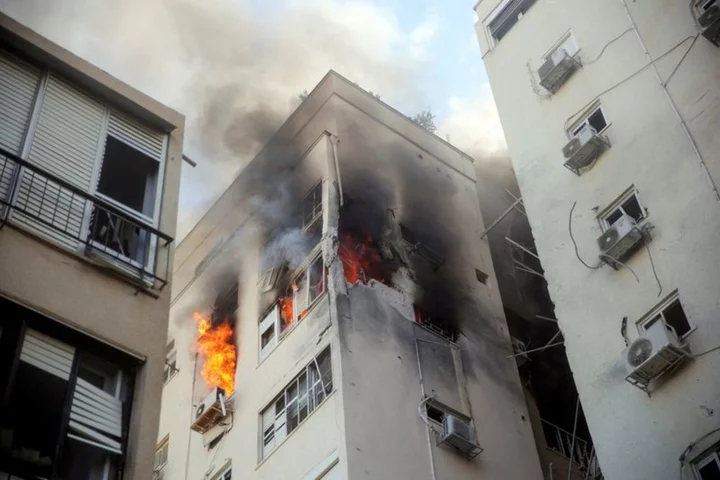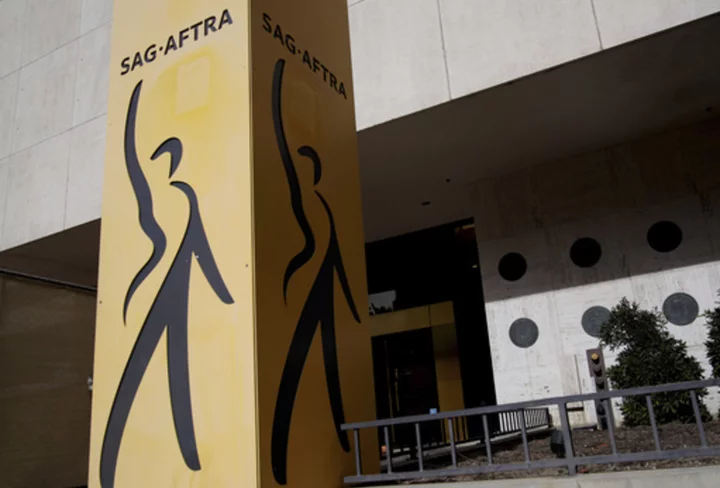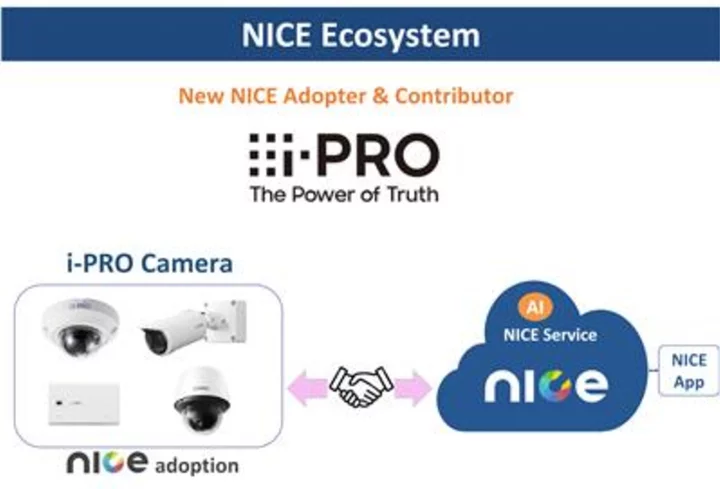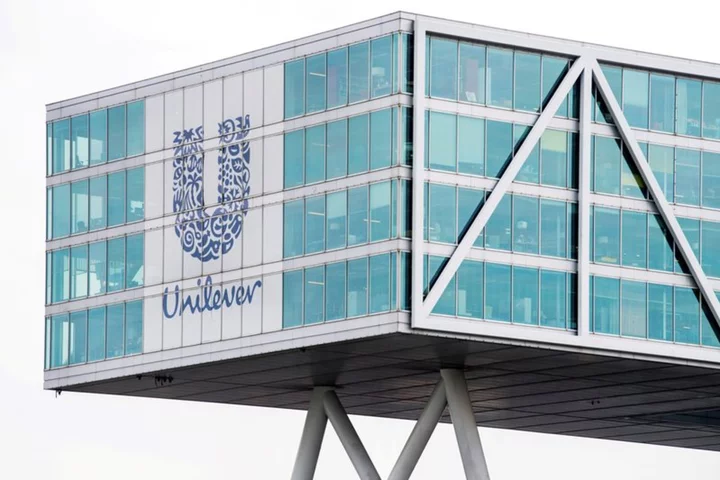A combination of NASCAR equipment, recycled glass and police escorts helped reopen the repaired portion of I-95 in Philadelphia way ahead of schedule.
Six lanes reopened to motorists at noon on Friday, 12 days after a bridge collapsed in Philadelphia, Pennsylvania Gov. Josh Shapiro announced.
The collapsed section was a headache to commuters, causing major congestion in traffic. The primary detour was about 23 miles using state or interstate roads, local transportation officials previously said.
Three new lanes opened in both directions of the interstate, the governor's office said. The temporary lanes will work to relieve commuters while work continues to rebuild the outer sections of the interstate's permanent bridge, the transportation department said.
The affected part of the highway typically carries about 160,000 vehicles through Philadelphia daily.
The remarkable speed of the repair was the result of an emergency declaration signed by Pennsylvania's governor, giving the ability to "replace the bridge in the speediest session possible", Pennsylvania Department of Transportation secretary Mike Carroll said. Workers were able to deploy equipment and forces to begin demolition the day of the fire. Asphalt and other special materials needed for the repair were delivered with police escorts.
Creative solutions
However, rain in the forecast late this week threatened the reopening. There was an unlikely solution: On Thursday, Pocono Raceway in Long Pond, Pennsylvania sent its Track Jet Dryer propped on a red Chevy truck. The high-powered jet engines are used to dry NASCAR tracks, or in this case, a segment of a critical national interstate.
"We need, sort of, patches of dry time in order to complete paving and really more importantly, the striping process," Shapiro said on Fox29 Thursday morning, describing him and Carroll as "big NASCAR" guys.
Workers were applying the paint right after they finished paving the roadway thanks to the dryer, Carroll said.
"It dawned on me that in traditional roadway construction, you just wait till that sunny day. We didn't want to wait until the next day. We wanted to do it immediately," Carroll said.
The dryers are used on NASCAR tracks because the race car tires are not treaded, making a dry track essential.
"We always anticipate different types of asks but this was a new one," Ricky Durst, senior director of marketing of the Poconos Raceway, said.
Another solution: recycled glass foam aggregate, which workers used to fill in the gap in the collapsed part of the highway to lay the pavement. The company, Aero Aggregates, began delivering supplies last Thursday.
The process used about 8 million bottles worth of glass that was taken down to a fine powder, then put through a heating process to become a foaming agent.
Using recycled glass material speeds up the process four times faster than traditional soil, Aero Aggregates CEO Archie Filshill said. Its placement also isn't affected by weather events, he said.
The glass compounds are also lighter, protecting the sewer and water lines underneath the affected area that rock would have been too heavy for, Filshill said.
Its original facility is in a town outside of Philadelphia -- Filshill grew up in Northeast Philadelphia.
"As much as it was a great project to be involved with it was also neat from a hometown thing that you're fixing a major problem in your own neighborhood that you grew up in," Filshill said.
The crew worked throughout the holiday weekend to fill the gap up to surface level using the glass, Shapiro said, thanking the Philadelphia Building Trades.
Aero Aggregates used the glass in other Pennsylvania projects, including the Philadelphia Navy Yard, a press release from Shapiro said.

